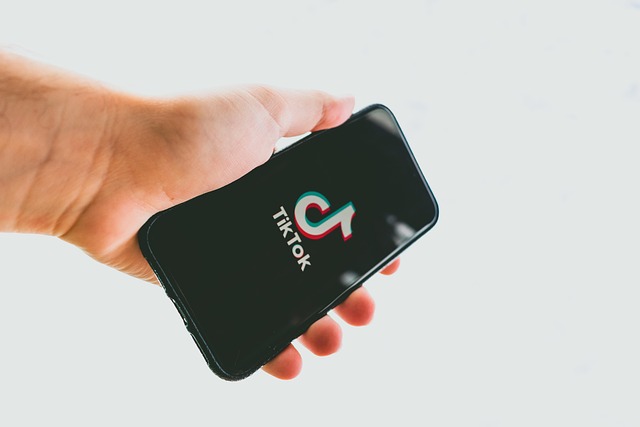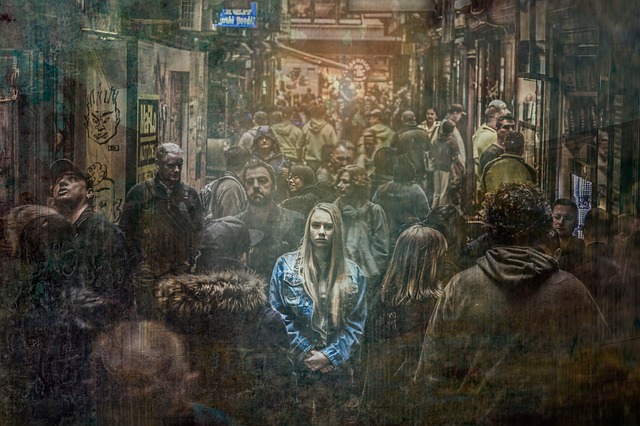The Impact of Relational Dominance in Social Media Contacts
In the vibrant world of social media, the concept of relational dominance plays a significant role in how we connect with others. Whether we consciously acknowledge it or not, the dynamics of our interactions on platforms like Facebook, Instagram, or Twitter often mirror the complexities of our real-life relationships.
Social media has revolutionized the way we interact, allowing us to forge connections across vast distances. Yet, these digital connections can sometimes amplify existing power dynamics, leading to uneven relationships where one party feels more dominant than the other. This relational dominance can manifest in various ways — from someone having more followers than their connections, to the way individuals prioritize their interactions with friends versus acquaintances.
Think about your own social media experience: do you feel a sense of obligation to respond to messages from certain people more than others? Do you find yourself gravitating toward individuals who have a higher status or influence in your network? These feelings can be traced back to the inherent hierarchies that social media creates.
Moreover, the content we share and engage with can further deepen these divides. For instance, posts that garner more likes or comments often establish an unspoken hierarchy that can lead to the perception of relational dominance. Those who produce more engaging content may inadvertently push others to the fringes of their social circles.
This concept can also extend to how we feel about our own presence online. Are we curating our identities to fit into a particular mold, or are we genuinely expressing ourselves? Many individuals grapple with the pressures of portraying an idealized version of themselves, which can contribute to feelings of inadequacy and foster competitive dynamics within our networks.
Understanding relational dominance in social media contexts is crucial not only for fostering healthier online interactions but also for promoting authentic connections. As we navigate this complex landscape, it’s important to reflect on how these dynamics affect our relationships and well-being.
Taking a step back to analyze our online presence and the way we interact with others can empower us to make more conscious choices. By recognizing the underlying relational dynamics at play, we can work towards creating a more equitable and supportive social media environment.




